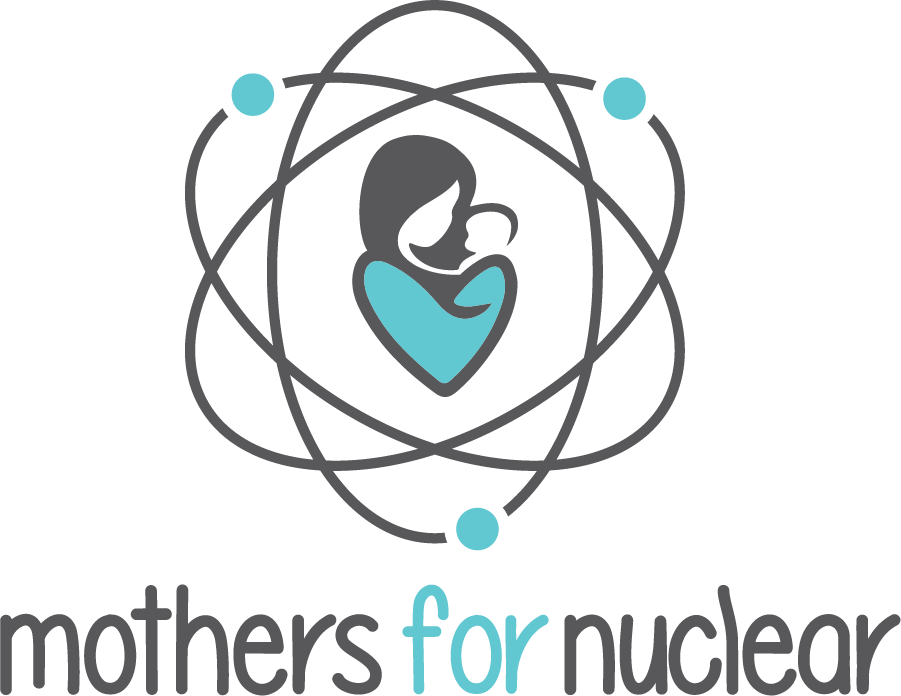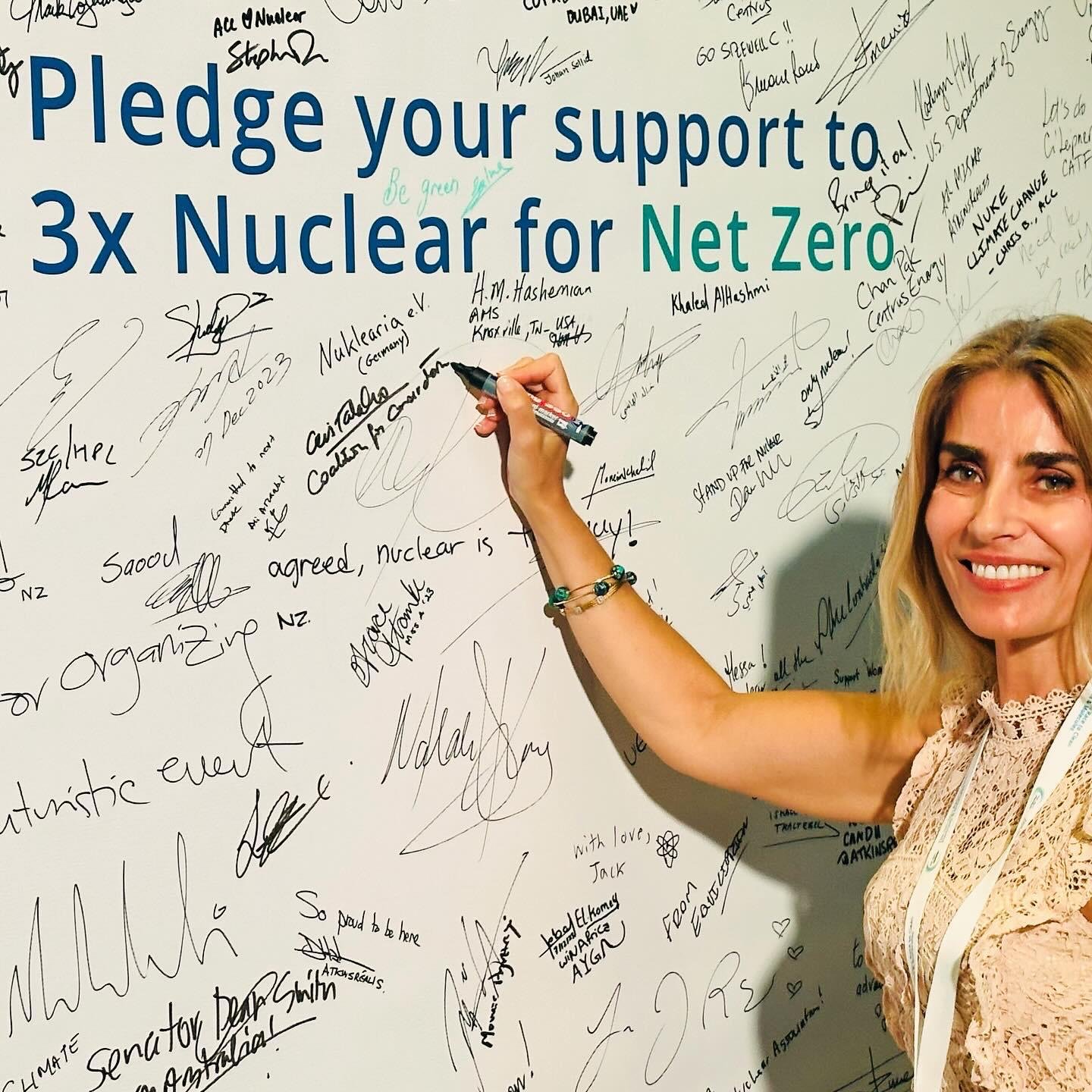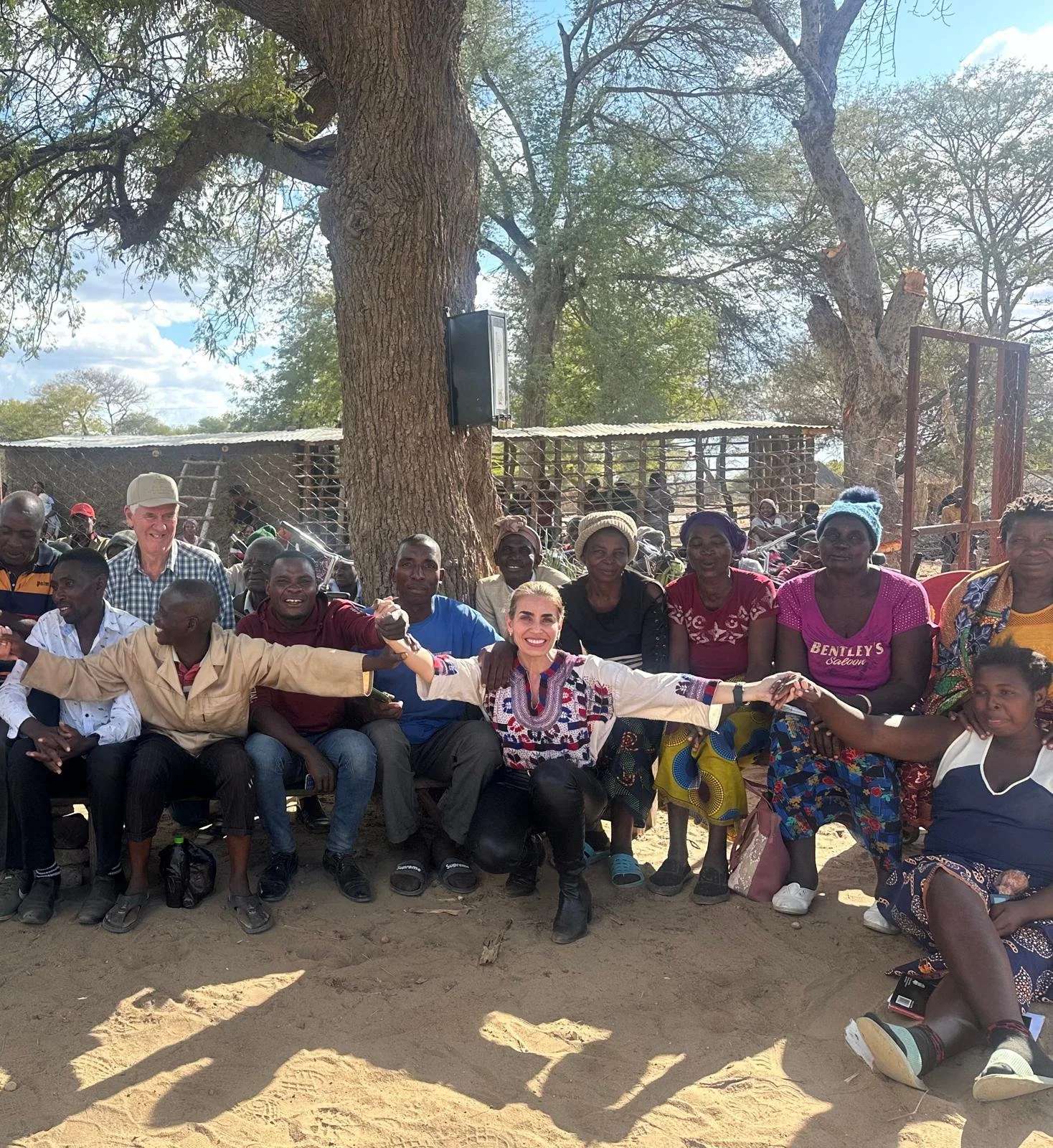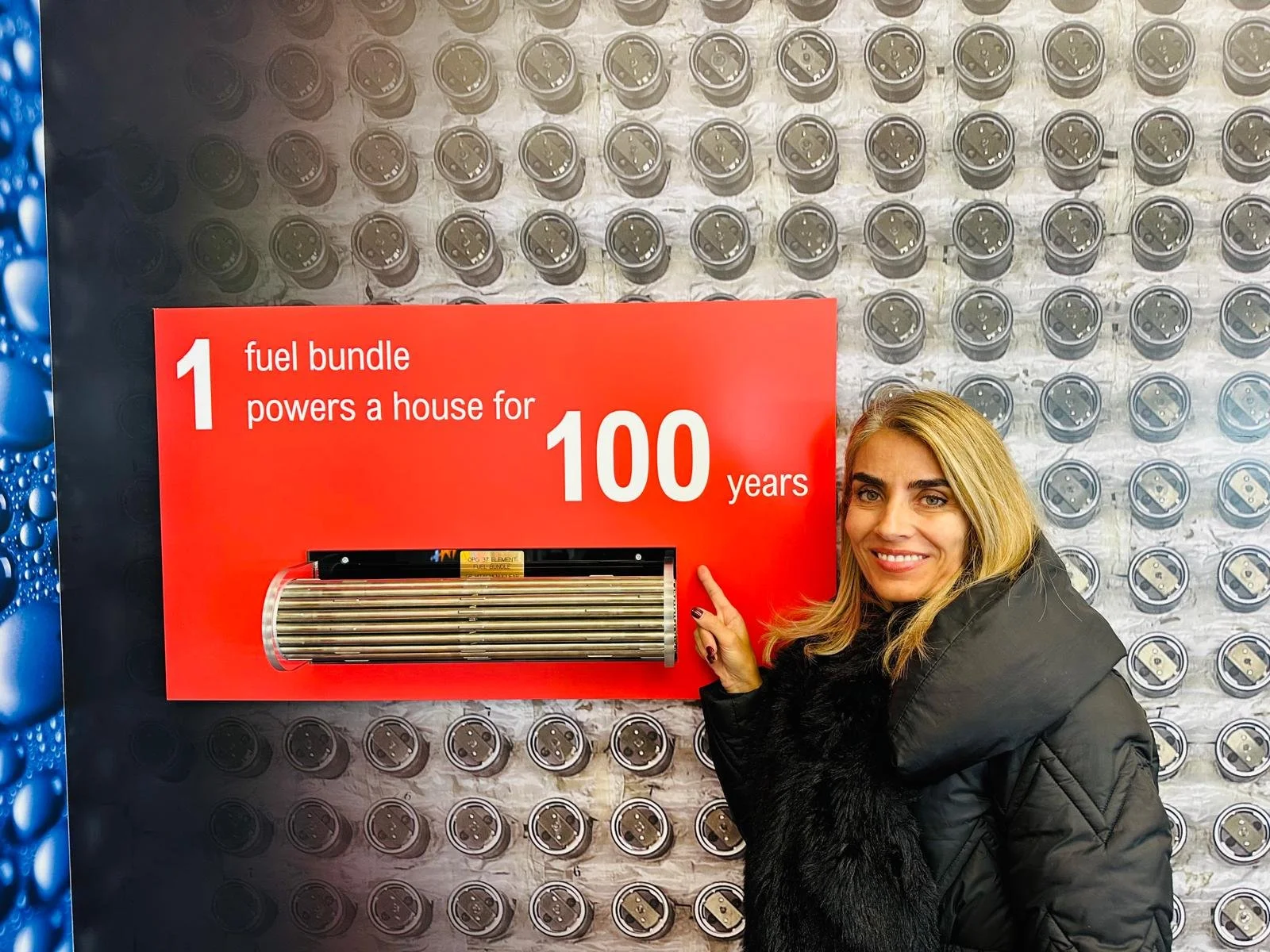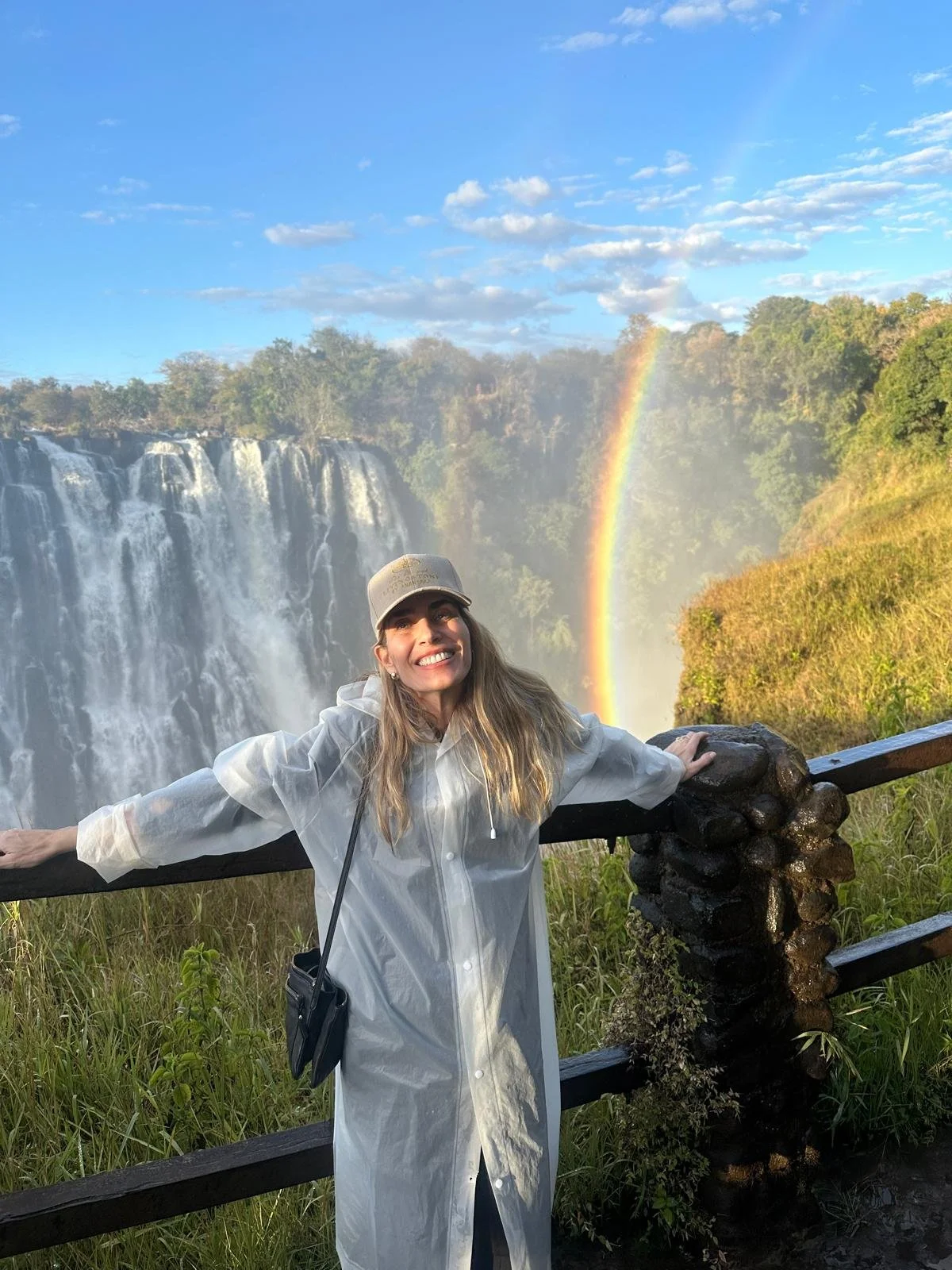Cristina Talacko
Cristina at COP28 in Dubai, signing the international pledge to triple nuclear energy capacity by 2030.
I never imagined I’d be a voice for nuclear energy.
I am Brazilian by birth, Australian by choice, and a migrant who has learned that life is about adapting to new countries, new cultures, and new realities. Growing up in Brazil, with the vast Amazon rainforest as part of our national heritage, gave me a deep awareness of our relationship with nature and our responsibility to protect it. As an entrepreneur, I’ve always believed in the power of ingenuity and technology to solve problems. And as a mother, I’ve dedicated my life to building a better future for my children.
For years, I believed that the future would be powered by renewables alone. I worked tirelessly as CEO of the Coalition for Conservation, bringing together industry, community and policymakers to create climate solutions that protect our planet while keeping our economies strong.
But as I watched the numbers fail to add up, my confidence began to crack. In Australia, we’ve pledged to achieve 82 percent renewable electricity by 2030, yet we remain under 40 percent. We are shutting down reliable generation faster than we can replace it. Energy insecurity is rising. Emissions targets are slipping. And nuclear, a proven, clean technology used safely by so many of our allies, isn’t even being considered. In fact, it has been banned since 1998.
So I went on a journey to find out why. I decided to do my due diligence on nuclear. I travelled to the United States and Canada to understand why I feared it, and why these countries embraced it. I spoke with experts, think tanks, environmental organizations, government officials, and developers. I discovered an immense gap between what we hear about nuclear and the reality. The stories we are told of danger, waste, and catastrophe rarely match the reality of one of the safest, most closely regulated energy sources in the world.
Visiting Zambia to support regenerative agriculture in regions impacted by severe drought.
I visited Barakah in the UAE. Here was a nation blessed with endless sunshine, yet it chose nuclear as a cornerstone of its decarbonization strategy, a bold, forward-thinking decision that paid off well. I walked through the Tricastin complex in France, where reactors quietly deliver clean, reliable power with near-zero emissions.
Along the way, I participated in international forums, from COP negotiations to IAEA meetings, and saw firsthand the growing recognition of nuclear’s potential to reduce emissions quickly and at scale. These experiences changed me. They opened my eyes to what nuclear can do, not just for wealthy nations, but for emerging countries that need to grow, decarbonize, and prosper at the same time.
What I discovered changed me. Nuclear energy is one of the safest, most heavily regulated technologies in existence. Its carbon footprint is as low as wind and lower than solar. And the next generation of reactors, smaller, faster to build, and even safer, is already on the horizon.
At GE Hitachi in the US with the Australian delegation, conducting due diligence on nuclear energy technologies.
As a mother, this realisation was deeply personal. Climate change is the defining challenge of our time. My children deserve to grow up on a planet that is not only livable but thriving, with clean air, reliable energy, and opportunity. And that means using every tool we have: wind, solar, hydro, storage… and yes, nuclear. Especially nuclear.
Through the Coalition for Conservation, I’ve made it my mission to replace fear with facts. To challenge decades of fear-mongering with science. To remind people that courage and evidence, not slogans, must guide our decisions.
My journey wasn’t easy. It meant confronting my own fears and questioning long-held beliefs. But it led me to a simple truth: a future without nuclear is a future where we fail, on emissions, on reliability, and affordability.
At Ontario Power Generation (OPG), exploring Canada’s approach to nuclear energy.
I want my children, and all children, to inherit a world where we were brave enough to choose every clean technology available to protect their future. Where we used nuclear power not as a last resort, but as a cornerstone of prosperity and decarbonisation.
That is why I now believe in nuclear. Because our children and our planet deserve nothing less.
Taking in the breathtaking beauty of Victoria Falls, one of the natural wonders of the world.
